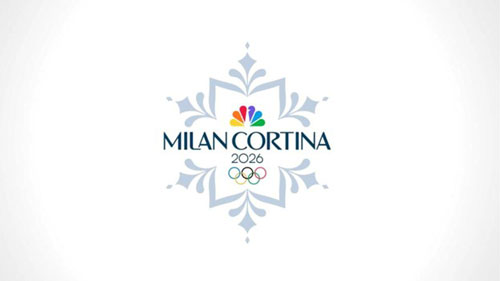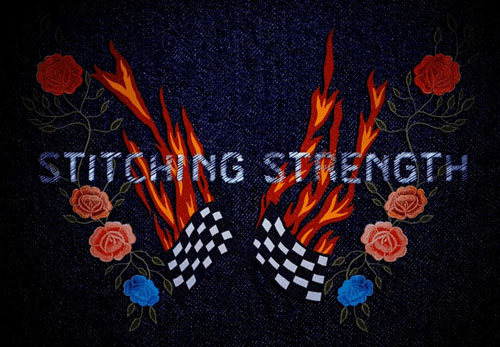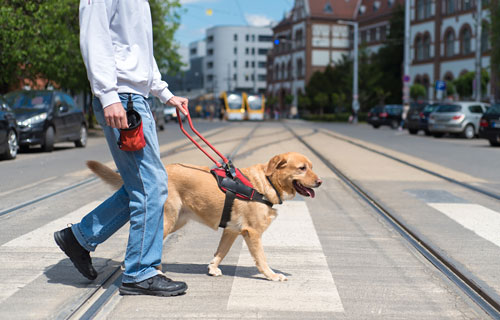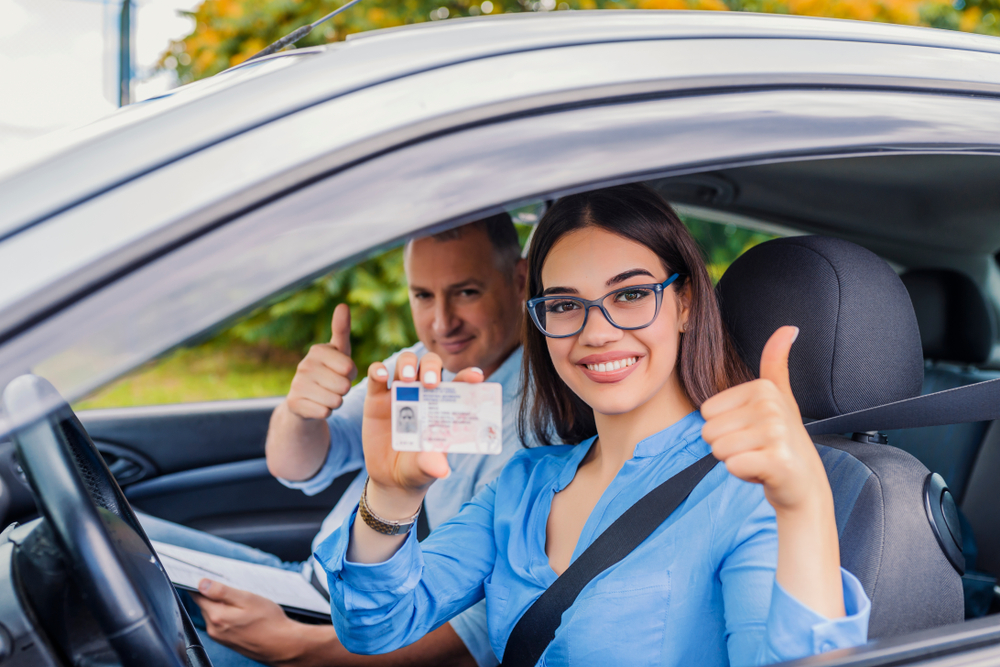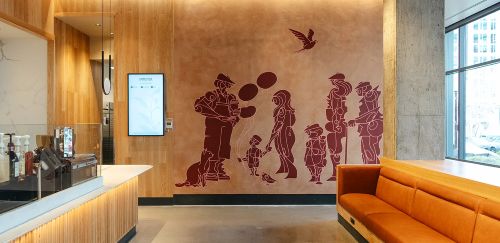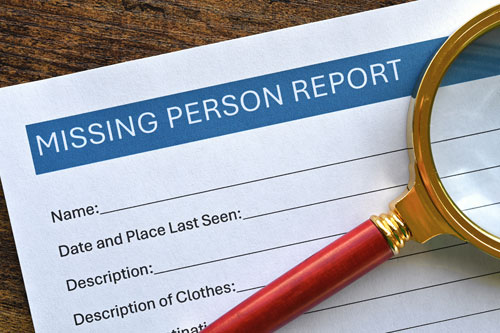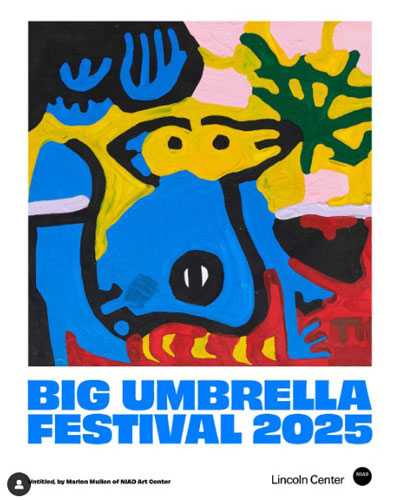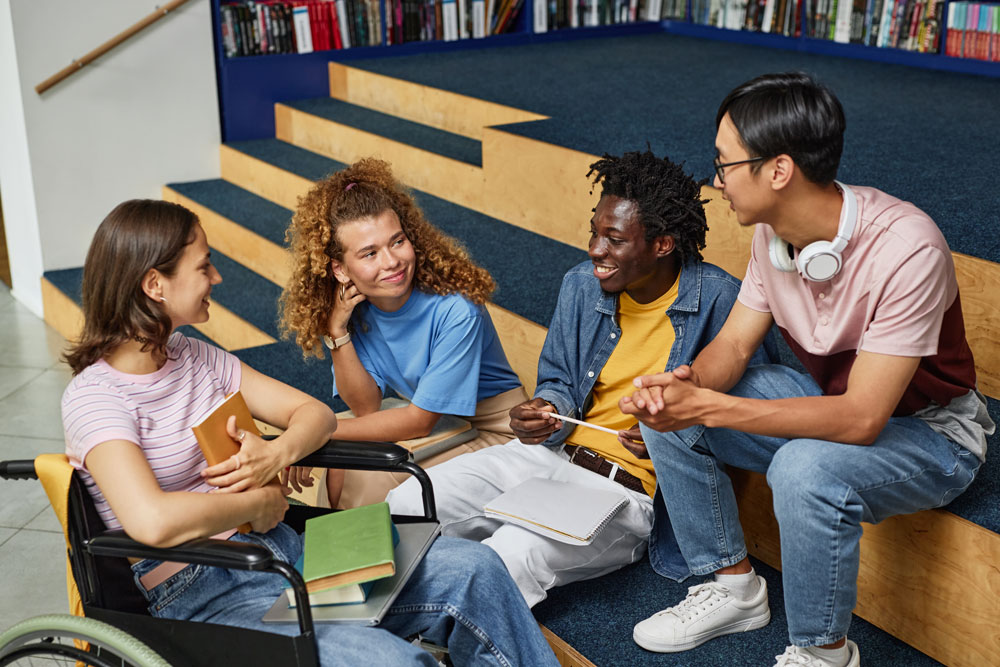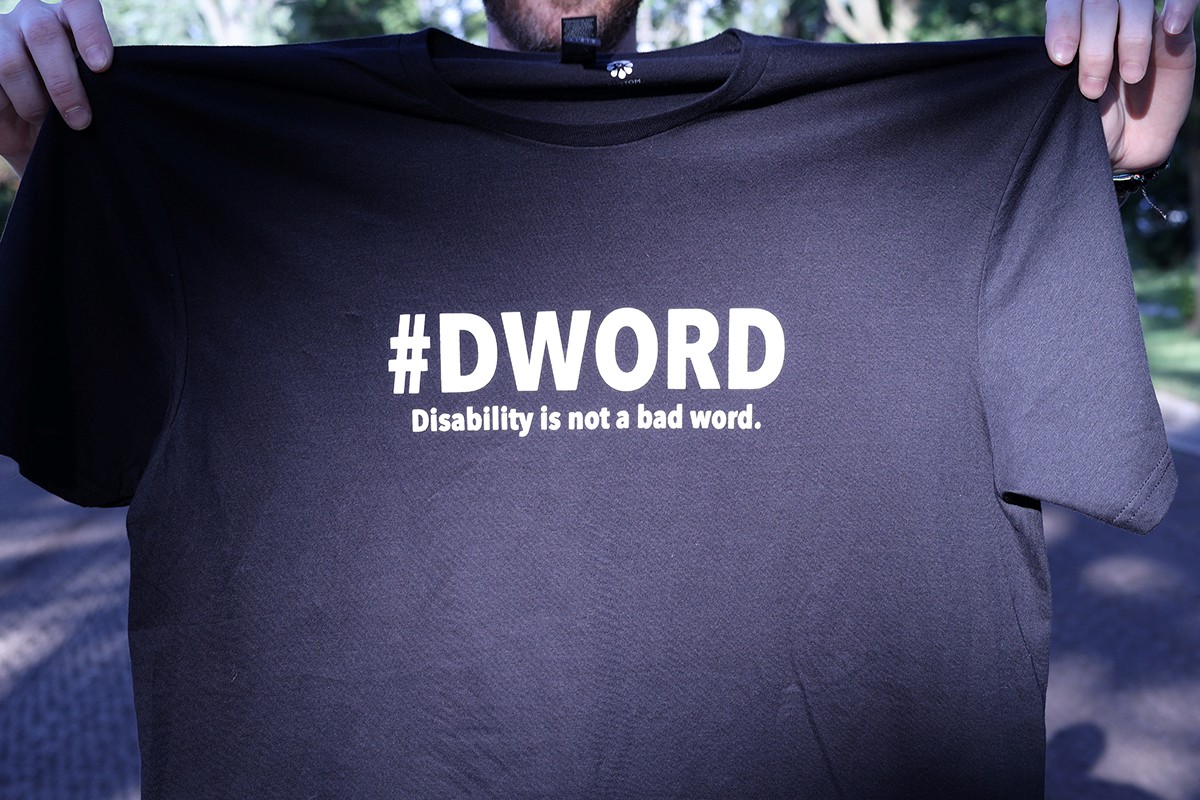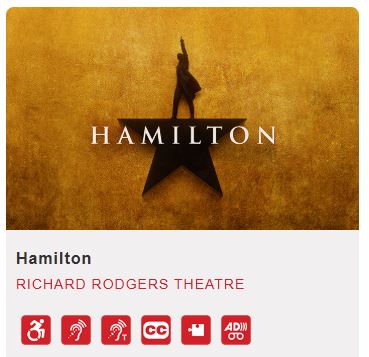If you’re a sports fan but haven’t been able to enjoy the Olympics due to accessibility issues, you’re in luck! After years of frustration, viewers with disabilities will finally be able to enjoy the games without significant barriers.
Earlier this month, NBCUniversal (NBCU) announced it will be adding additional accessibility features to the program that will make watching the Milan Cortina 2026 Winter Olympics possible for a great many more people. The Games will begin on Feb. 6 and run through Feb. 22, 2026.
In a Jan.12 press release NBCUniversal announced that “Closed captioning, which provides on screen text of the program dialogue for people who are Deaf or hard of hearing, will be available for all Olympic events airing across NBCU’s properties, as well as the Gold Zone whip-around show on Peacock.”
Additionally, said the media conglomerate, “NBCUniversal will also provide closed captioning for digital livestreams with commentary across Peacock, NBCSports.com and the NBC Sports app for all live events and full event replays from linear coverage.”
The announcement also noted that audio description (AD) — defined as “the integration of broadcast audio with trained narrators describing Olympic and Paralympic action and context”— will be available via the Secondary Audio Program (SAP) for viewers who are blind or have low vision.
NBCUniversal stated that this marks the first time the Olympic Games have offered audio description at this level and in such high-quality stereo sound. Audio description will be delivered by NBC Sports’ Paralympic broadcast team, including Tony Ambrogio, Adam Giardino, Pat McCarthy, Tony Simeone, and Norma Jean Wick.
Beyond its expanded use of audio description and closed captioning, NBCUniversal is rolling out broader digital accessibility upgrades. These improvements include more seamless keyboard navigation, enhanced visual contrast, and improved compatibility with screen readers on NBCOlympics.com, NBC.com, and the NBC Sports app. For livestreams and on-demand replays that feature audio description, viewers will be able to select English audio description directly from the platform’s audio or language settings.
“We’re thrilled to continue our commitment to providing all viewers with more accessibility to our Winter Olympics coverage than ever before,” said Amy Rosenfeld, SVP, NBC Olympic Production. “It’s only fitting that an event of such magnitude deserves top-tier audio description and closed captioning services, and we can’t wait to build off the momentum of Paris into the excitement of Milan Cortina.”
Said Tom Wlodkowski, Vice President of Accessibility at Comcast: “Comcast NBCUniversal has been dedicated to bringing viewers to the biggest moments in sports for over a decade now. NBCUniversal’s accessible Winter Olympics coverage, featuring audio description and closed captioning, is designed to continue that mission. The world will be watching all the action in Milan and Cortina come February, and these services will allow our blind, low vision, Deaf and hard of hearing viewers to fully engage in the experience.”

